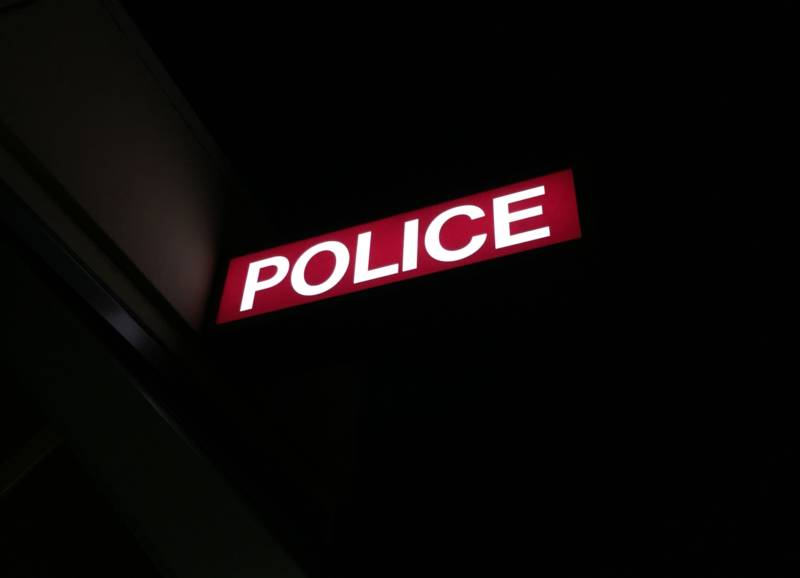Attorney Michael Rains, who represents police unions, said the motion makes "good arguments, frankly, to be allowed to intervene in this case," but he disputes the underlying arguments that the law should apply to past cases.
The San Rafael-based First Amendment Coalition led the opposition brief filed Friday, joined by the Los Angeles Times, the California News Publishers Association and KQED. The filing argues that the law was always meant to be retroactive, and that blocking access to existing records would undermine the legislature’s intent to "promote public scrutiny of, and accountability for, law enforcement."
It's unclear when and how the Supreme Court will act on the petition, which requests emergency intervention before Jan. 1.
"It's clear this is not what the Legislature intended with this sweeping and landmark legislation," FAC Executive Director David Snyder said in a written statement. "Obviously, the Legislature wanted to open up police misconduct files, irrespective of when they were created. The police union's rushed and last-minute effort should be promptly denied by the Supreme Court. The public deserves to see these records and has a legal right to do so as of January 1."
Applying the law only to future cases would "defeat or severely constrain the purpose of the legislation, by preventing disclosure of the information necessary to determine whether particular officials have a pattern or practice of misconduct, and whether the agencies that employ them are permitting such patterns to continue," the motion to intervene and the supporting filings say.
According to the filings, the coalition of news organizations is seeking to intervene in the case to defend the public's interest in preserving transparency, accountability and access to police records. San Bernardino County, the technical target of the petition to block access to past cases, is mainly concerned with complying with the California Public Records Act, not defending SB 1421, the opposition argues.
San Bernardino County has not yet filed a response in the case. Rains said he expected that opposition filing this week, and it's unclear where the case stands.
"This would be the time where I would hope my fellow lawyers who are justices on the Supreme Court work the weekend," he said, adding that he expects action from the court by Monday. "Given the nature of the action requested and given the impact of them taking no action, I would expect they'll say something."
The news organizations are also seeking an order from the Supreme Court to bar police agencies from destroying applicable records while the court considers the petition.
From the filing: "There is also a very real danger that agencies will use any additional time to shred old records of investigations into police use of force and findings of dishonesty and sexual assault, rather than be forced to disclose them."
The filing cites a Dec. 11 move by Inglewood city and police leadership to destroy internal affairs case records related to shootings and misconduct older than 5 years. The Police Department had records dating back to 1991.
"The city’s decision attracted more than routine notice because of its timing and because it represented a change in city policy," the Los Angeles Times, which broke the story last week, reports. "Until this month, Inglewood required the Police Department to retain records on shootings involving officers for 25 years after the close of an investigation. Records of other internal investigations were to be kept six years."
Finally, the opposition disputes the union's argument that state law enshrines California peace officers with heightened privacy protections.
"[C]ontrary to Petitioner's contention, neither peace officer personnel records nor information obtained therefrom have ever been sacrosanct under either California constitutional or statutory law," the motion to intervene says.
The state Attorney General's Office may also defend the new law, but the office has been unclear on when, or whether, it plans to act.
"The California Department of Justice defends the constitutionality of state statutes,” the Attorney General’s Office wrote in an emailed response to questions about if and when it would file in the case. “If there is a challenge to the constitutionality of SB 1421, the Attorney General's office will likely be involved in defending the statute."

